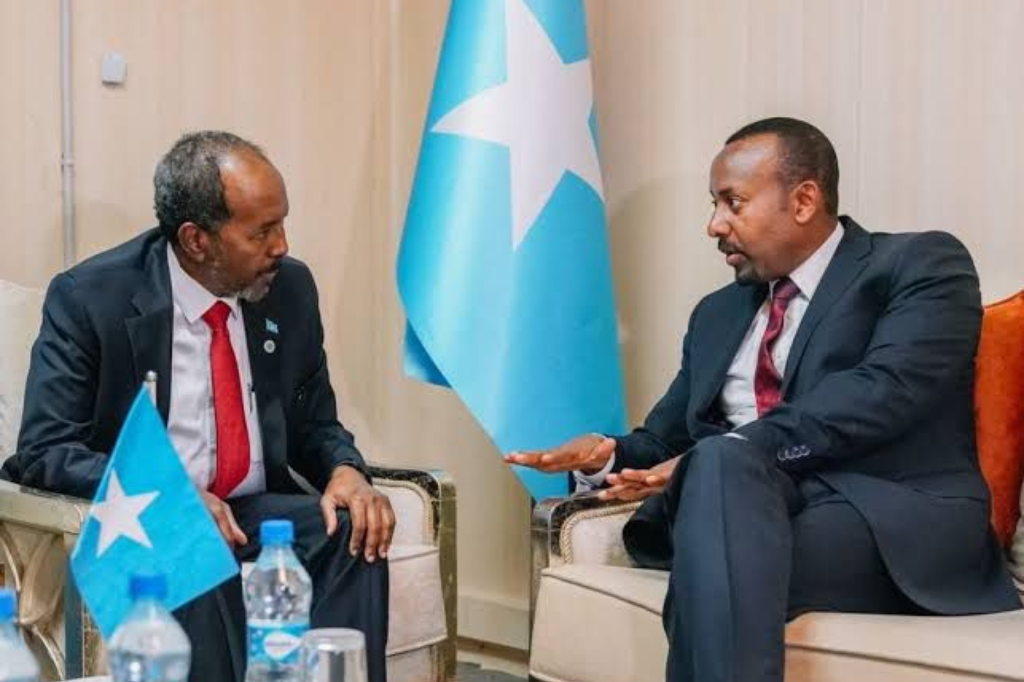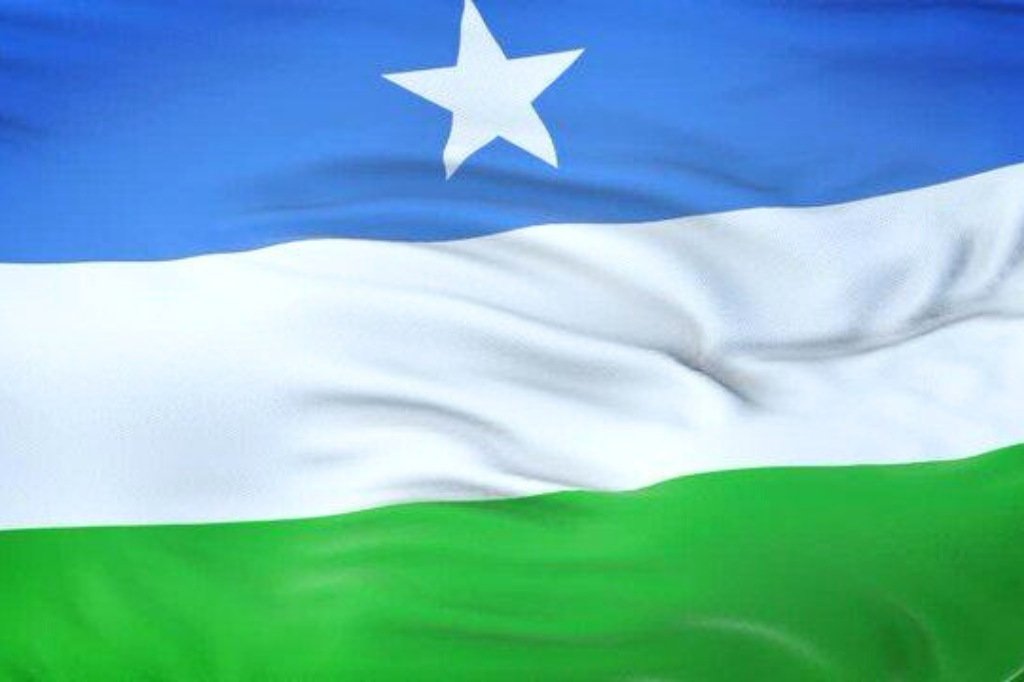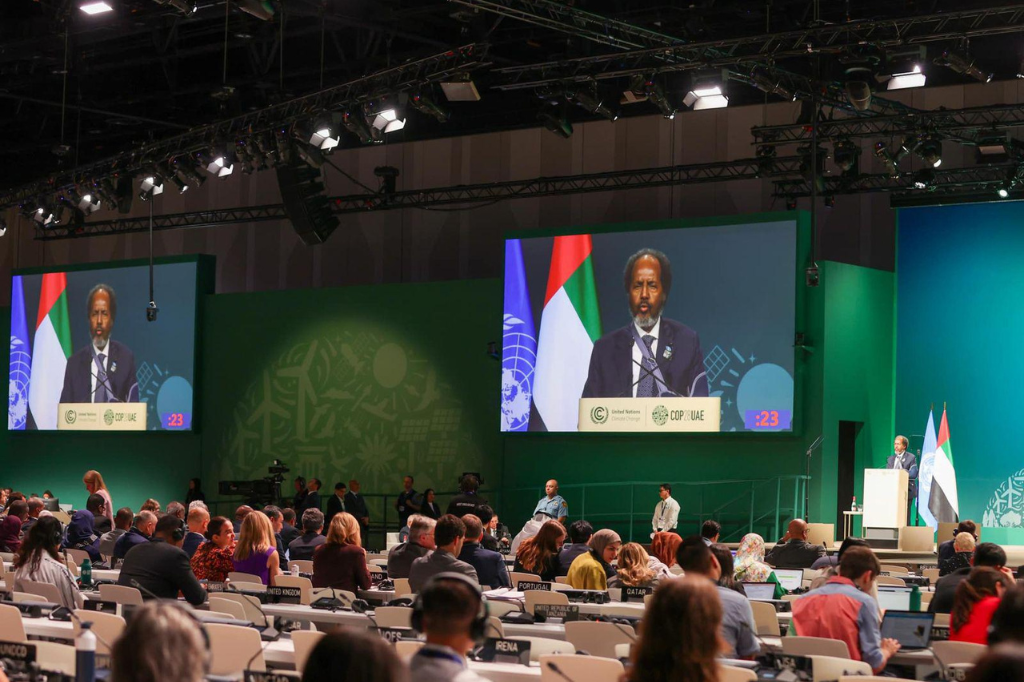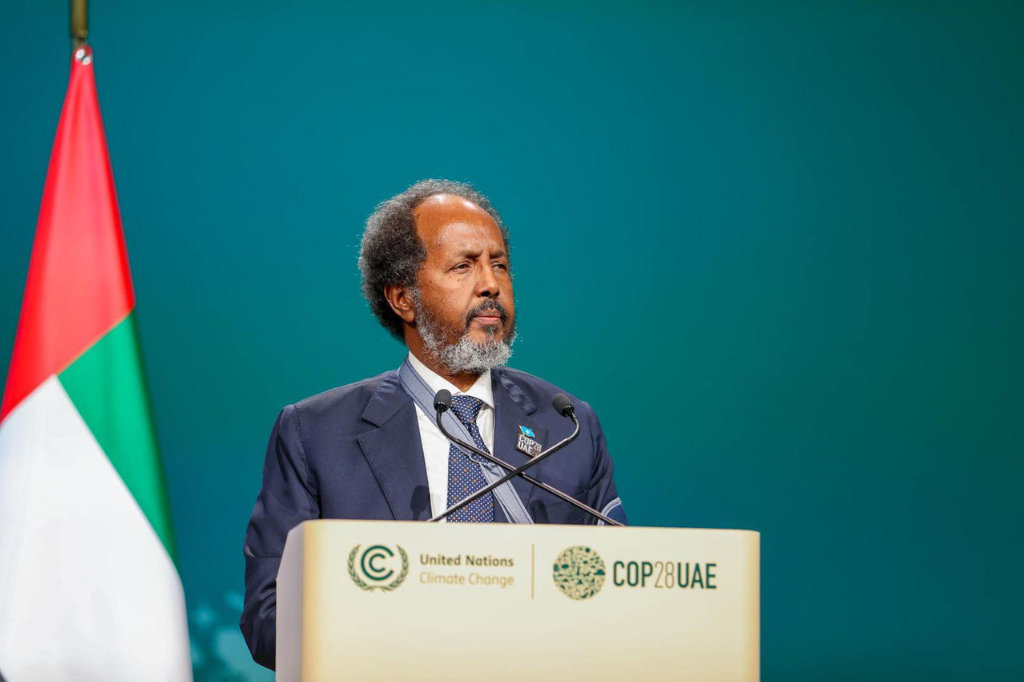
With Ethiopia Increasingly Fractured, Somalia is Abiy’s Least of His Problems

President Hassan Sheikh Mohamud’s recent trip to Ethiopia brought to the surface Somalia and Ethiopia’s rather ambiguous relationship.
There is a long-standing love-hate relationship between the two neighbouring countries. In 2018, when Abiy Ahmed came to power, he expedited the ties between Somalia, then headed by former president Mohamed Abdullahi Mohamed (Farmaajo), and Ethiopia.
Abiy Ahmed pioneered the dubious Horn of Africa integration project along with Afwerki of Eritrea. Although the three leaders had enormous surreptitious meetings, nothing tangible that would have cemented relations have been achieved. With Kenya and Djibouti missing from the talks, these meetings were seen as more of a political publicity stunt than a genuine cooperation between neighbouring countries.
Cut to 2022 and President Hassan Sheikh Mohamud’s presidency and the once blossoming relationship suddenly seems icy. Although President Mohamud was invited by Ethiopia soon after coming to office, he did not prioritize an Ethiopian trip and only visited five months into his presidency and a dozen foreign trips later. One of these foreign trips was a visit to Egypt that resulted in confusion as to whether Somalia is siding with Egypt regarding the Nile dispute.
Historically, these occurrences would have made sure a sour relationship between the two countries, but Abiy Ahmed’s Ethiopia is a far cry from its predecessors.
Ethiopia’s frequented wars and its bleak future
Ethiopia, formerly Abyssinia, is a nation synonymous with ethnic conflicts, iron fist rule, coup d’état, and political dynasties. Historically, Ethiopia has never been experienced a peaceful transfer of power until 2018 when the former prime minister Hailemariam Desalegn resigned due to huge demonstrations against the Tigray-led government and replaced by the incumbent prime minister Abiy Ahmed. Plenty of the talking heads and the international community believed that Abiy will steer the country in the right direction of democracy, freedom of expression, and privatization of state-dominated businesses.
In his early days, Mr Ahmed released political prisoners, fixed the 20-year-old enmity with Eritrea, removed the terrorist tag from opposition groups, and allowed relative freedom for the media. These commendable actions led him to win the Nobel Peace Prize in 2019. However, things went south after the National Election Board delayed the national elections which were supposed to take place in August of 2020.
The Tigray region defied and orchestrated their own regional elections which Abiy’s government labelled it as a “Shanty Election”. On November 4th, 2020, Mr Ahmed has announced a military confrontation against the Tigray region. This caused Abiy to go from an exemplary leader to an international pariah and his administration is accused of committing crimes against humanity in the Tigray region.
Understanding Ethiopia’s ethnic unrest.
Oromo
Oromo, the largest and one of the most downtrodden communities in Ethiopia has suffered under Menelik to Haile Selassie, from Mengistu to Meles, and is now suffering under Abiy Ahmed, one of their own.
Expectations were high When Abiy Ahmed came to power. Oromo’s expectations were short-lived when Mr Ahmed took several actions that targeted them to serve Amhara’s ethnocentrism.
He disbanded Ethiopian People’s Revolutionary Democratic Front (EPRDF) and replaced the little-known prosperity party (PP), arrested Oromo’s key leaders including Jawar Mohamed, Bekele Gerba and others, delayed the National elections and pioneered ‘Medemer’ a book which promotes Amhara’s unitary philosophy.
The Old Guard in denial.
The Tigrayans were leading the now-disbanded coalition party (EPRDF) that was ruling Ethiopia close to three decades with an iron fist. They lost their way in April of 2018 after Abiy Ahmed, their prodigy came to power. Abiy Ahmed grew up under the mentorship of Tigray officials but targeted them as soon as he came to power.
Since November 2020, Tigray region has experienced an all-out war by the coalition forces, Ethiopian National Defence Force (ENDF) and Eritrea. To make matters worse ENDF was especially led by Amhara, Tigray’s historic nemesis.
The Tigray region’s natural reserve of gold and other assets which they accumulated during their thirty years in power have been looted by Amhara and Eritrean troops. To this effect, it would be hard to integrate Tigray back into Ethiopia as it sees itself as an autonomous region that is wronged unless they are guaranteed full self-determination or a confederal system.
Superiority complex at display.
Amhara who believes in ethnocentrism, and used to rule Ethiopia under monarchy, dynasty rule, and patrimonial leadership will never accept to be ruled by other ethnic communities or subscribe to a confederal system.
They believe that Ethiopia is a Christian state, must have a unitary government, and Amharic to be the official language of the nation. Amhara sees other communities as subordinates and has been bemoaning and groaning during TPLF’s rein opposing the federal architecture applied and favoured by the country since 1995.
Neglected in the past, overlooked in the present
The Somali Region
The Somali region has been groaning and stoically struggling since the British colony annexed it to Ethiopia in 1954 under the brutal rule of Haile Selassie, the then Ras Tafari.
The perennial pain of the Somalis has never been recognized by the world. Ethiopia had installed in the Somali region successive handpicked rulers. Those sycophants had never received lukewarm reception from the local community and only chose to satisfy their colonial masters.
The handpicked Somali leaders had committed grandiose human rights violations in the Somali region. They have committed mass killings, torture, and castigation with impunity. Therefore, the people of the Somali region will never accept to remain as part of Ethiopia as they see their land as occupied land.
The only option that is acceptable to Somalis in the Somali region is a plebiscite to determine whether they remain as part of Ethiopia or reunite back with Somalia.
Similarly, The Southern Nations and other communities that were Amharised by Haile Selassie and Menelik are unlikely to remain under a fractured Ethiopia.
The Afar
This is the ethnic community that connects Ethiopia to Djibouti. They have suffered under successive Ethiopian administrations and rulers. They occupy a strategic land that lies at the heart of Ethiopia’s import and export routes. At the first chance of self-determination, Afar is likely to take.
Under Abiy Ahmed’s rule, Ethiopia seems to be getting balkanized. To have a stable Ethiopia, Abiy Ahmed’s only option might be to allow each community to decide its future.
Given all this, Somalia is the least of Ethiopia’s problems and given the Nile dispute with Egypt, Ethiopia cannot afford to lose Somalia as a close ally or at least a neutral one.
- Tags: Ethiopia, Foreign Policy, Horn of Africa, Somalia
Anwar Abdifatah Bashir
Related News




Somalia’s Single-Use Plastic Bag Ban Was Long Overdue

Election in Puntland: A Historical Overview


Somalia at COP28 Recap: Key Highlights and Outcomes

Breath of Fresh Air: The Force Behind Mogadishu’s Newfound Security

